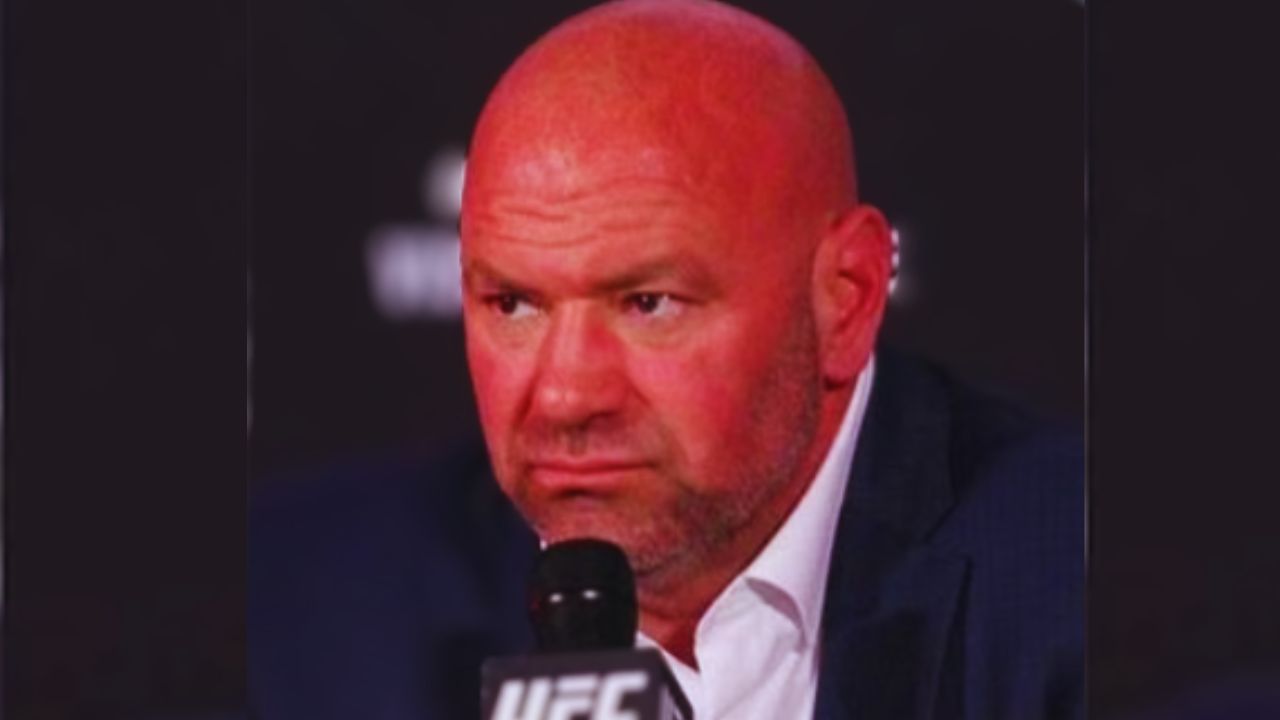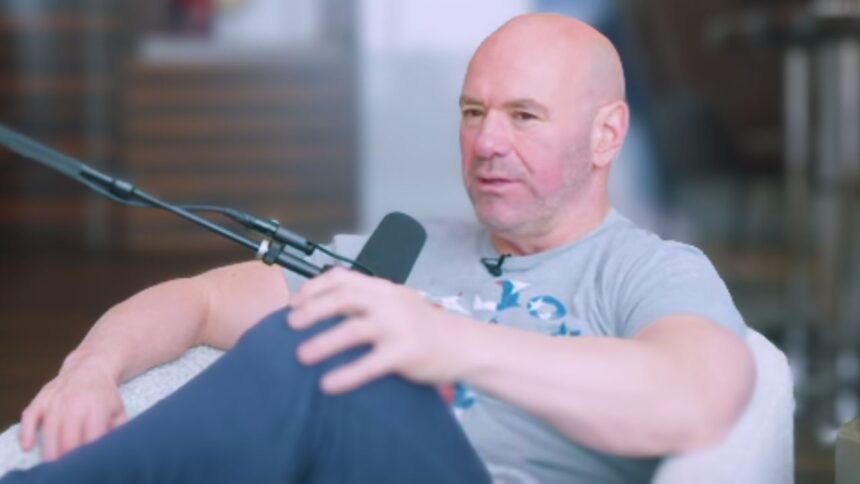In the ever-dynamic world of combat sports, UFC’s head honcho Dana White is once again at the forefront of controversy. This time taking aim at the enigmatic YouTube-turned-boxer, Jake Paul, over his upcoming bout with the legendary Mike Tyson.
White’s Vocal Displeasure:
Addressing the media at UFC Miami two weeks ago, White minced no words when expressing his disdain for the prospect of Tyson, aged 57, stepping into the ring with the much younger Paul. “He gets mad when I do this, but Mike’s 60, man,” White exclaimed. “I don’t know, what do you guys think about it? Who gives a s*** what I think? It’s not my fight.”
A Reiterated Rebuke:
White’s sentiments resurfaced recently on the Pound 4 Pound podcast, where he doubled down on his criticism of Jake Paul’s motives in the sport. Engaging with hosts Kamaru Usman and Henry Cejudo. White asserted, “But he doesn’t, what Jake wants is to make money. The people who follow Jake Paul don’t buy Jake Paul’s fights. So Jake Paul has to fight people who can actually sell PPVs.”
Friendship vs. Disapproval:
While White’s verbal onslaught aimed squarely at Paul, it’s notable that his friendship with Tyson doesn’t hinder his critique. Despite his aversion to the matchup, White made it clear that he won’t meddle in Tyson’s decisions, stating, “Mike’s a grown a– man, he can do whatever the F***, he wants and I’m going to stay out of Mike’s f***in business.”
Mia’s Perspective:
In the arena of combat sports, where spectacle and sport intertwine, Dana White’s candid comments ignite a fiery debate about the intersection of entertainment, legitimacy, and personal choice. While some may view his remarks as a protective stance for the sport’s integrity, others may argue they veer into the realm of personal vendetta.

In the intricate dance of matchmaking within the realm of combat sports. The unwavering critique offered by Dana White serves not only to illuminate the nuanced intricacies of the process but also to emphasize the delicate equilibrium between individual autonomy and the established norms of the industry. White’s steadfast evaluation doesn’t just scrutinize the technical aspects of pairing fighters; it delves deeper, probing into the fundamental clash of ideologies and egos that often characterizes the landscape of combat sports. Through his vocal presence and unyielding stance, White emerges as a central figure whose voice resonates with the unbridled passion and fervor that define this dynamic arena. Amidst the swirling currents of debate and negotiation, one undeniable truth remains. Dana White’s impassioned advocacy shapes the discourse and direction of combat sports, leaving an indelible imprint on its ever-evolving narrative.




